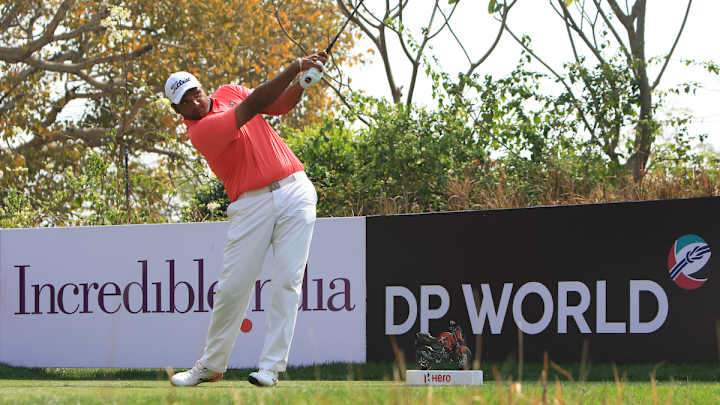Tokyo Olympic Golf Fields are Set, and It's Clear Olympic Golf Has Problems That Must Be Fixed Soon

The Tokyo Olympic men’s and women’s golf fields are set, barring, of course, any late-minute changes due to COVID-19 or injury. Unfortunately, neither field is close to having the 60 best players in the world.
On the men’s side, only 20 of the top 50 in the world rankings are in the field, while 21 players are ranked 150th or lower. The lowest ranked player is Udayan Mane, of India, who is 356th. The women’s field is not much better. Twenty-two of the top 50 are playing, while 19 are ranked 150th or lower. Norway’s Tonje Daffinrud is the lowest at 419.
Is this what we were hoping for when the powers of golf made its push to bring the game back into the Olympics?
For my money it is a resounding no.
Watching the Olympics and seeing a majority of the players with the talent level generally seen on the Korn Ferry or Symetra tour makes little sense.
Of course, much of this is the PGA Tour’s fault. The Tour placed the FedEx Cup Playoffs so close to the Olympics that it almost forced many top players to ignore playing for their country and instead play to win the FedEx Cup.
It’s hard to blame players for wanting to be in the best position possible to win the FedEx Cup — and millions of dollars — even though they say it’s not about the money.
But even if the PGA Tour adjusts its schedule every four years, that would only address some of the concerns.
Golf officials and the International Olympic Committee were so myopic in their collective thinking, believing that somehow grabbing 60 players and playing another 72-hole stroke-play event would be compelling just because it’s the Olympics.
That is truly not the case, especially when you need a scorecard with photos to figure out who most of these participants are.
This isn’t handball, it’s golf. Each week we are used to seeing the best of the PGA, European and LPGA tours tee up the ball, so the fact that we need help identifying who some of these players are speaks to the lack of depth in both fields.
Golf in the Olympics needs to be different. It needs both an individual and team concept, it needs not to be a 72-hole stroke play tournament, but an event that is compelling to both the viewer and the player.
This issue is a lot to chew on, but it’s generally only every four years.
If the Ryder Cup has taught us anything, it’s that playing matches as part of a team event is not only captivating, but also propagates interest that becomes infectious. That leaves the golf fan on the edge of their seat in anticipation for the next Ryder Cup.
Excluding golf’s early exposure in the Olympics (1900 and 1904), golf will be making only its second Olympics appearance. The sport needs to stand up for itself and tell the IOC what is best for the sport, which is also what’s best for the Olympics — and that is to move away from stroke play and add a team component to the mix.
At the same time, the PGA Tour needs to address its FedEx Cup Playoffs scheduling issue and build in some additional time for the Olympics.
The Olympic competition and fans would be better served.
Hopefully this can be done sooner than later, or else the Olympic experiment will likely fail, and golf will have no one to blame but itself.
